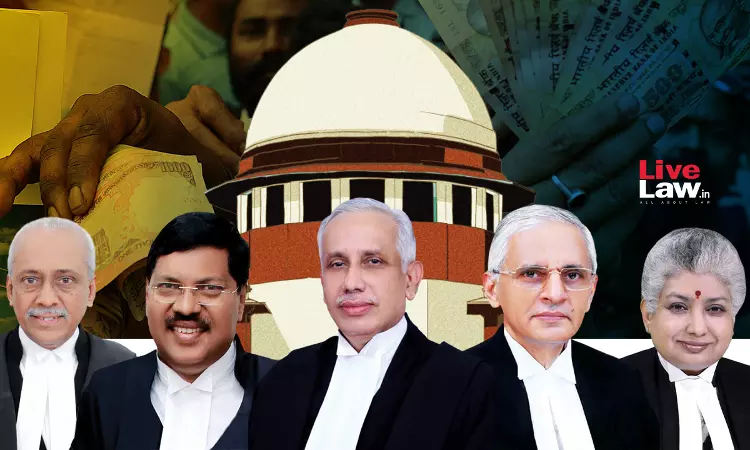The Supreme Court Constitution Bench has upheld by 4:1 majority the decision taken by the Union Government six years ago to demonetise the currency notes of Rs. 500 and Rs.1000 denominations. The majority held that Centre’s notification dated November 8, 2016 is valid and satisfies the test of proportionality. Justice BV Nagarathna in her dissenting view held that though demonetization...

